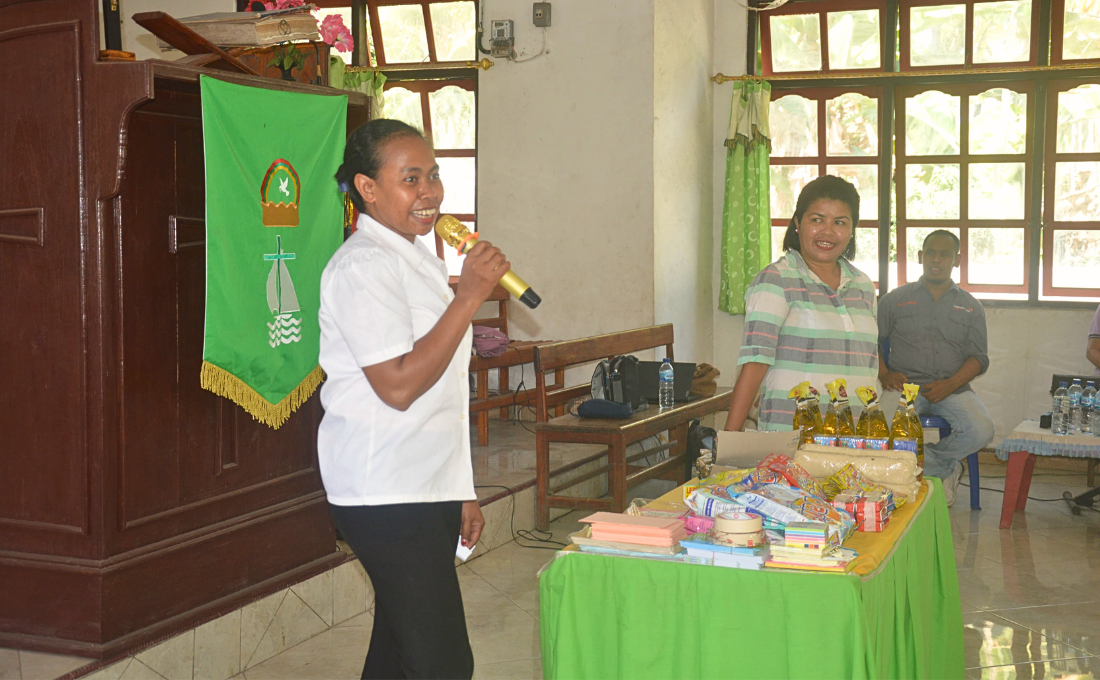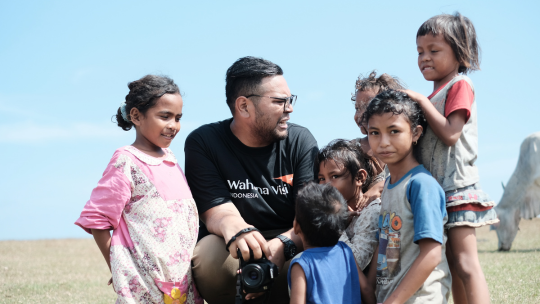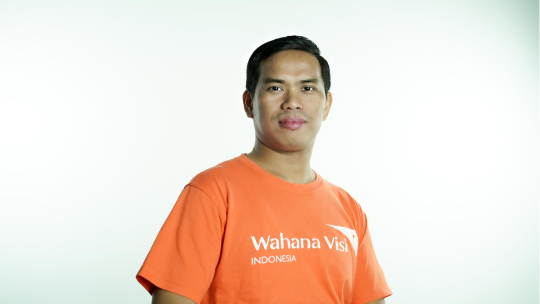Fields of Economic Growth by Women in Alor

In Alor, East Nusa Tenggara, women are conditioned to be incompatible with economic growth. The strong patriarchal culture, marked by power relations, limits women's access and participation in various sectors, including the economy. Women in subordinate positions are often seen as overstepping male superiority if they succeed as the breadwinners in their families.
Klerci, a woman from Alor, initially had a limited understanding of gender issues. For 41 years, she grew up within a patriarchal culture. The roles of men and women were strictly defined, with neither allowed to overstep the other's boundaries. She felt trapped in a system that dictated men held the primary responsibility for financial management. She also witnessed how other women around her had no say in family financial matters.
However, change began when she participated in the Training of Trainers on Gender Inclusive Financial Literacy Training (ToT GIFT) in 2022. This event taught Klerci that family financial management should be a shared responsibility between men and women. The training was facilitated by staff from Wahana Visi Indonesia and World Vision Australia, with support from the Australian Government Department of Foreign Affairs and Trade through the Australian NGO Cooperation Program (ANCP).
Klerci works daily as a marketing division staff member at a cooperative in Alor, a job she's held for eight years. She feels fortunate to have the opportunity to work. Her perspective on women's economic empowerment has deepened, and her awareness of the challenges and realities faced by women living under patriarchal cultures has sharpened.
"This activity changed my perspective. I realised that men and women have equally important roles in managing finances, and it made me understand the importance of financial planning in families," she said. This event not only changed Klerci's understanding but also inspired and strengthened her determination to finance her siblings' education.
Klerci successfully supported the education of three of her five siblings. "Before the ToT, I felt incapable of helping my siblings. But now, I believe that small actions can bring significant changes," she said. Now, Klerci feels empowered and is committed in continuing to support her family members' education. She started her journey as an empowered woman within her own family, before becoming an example for other women in Alor.
From 2022 to 2024, Klerci shared the knowledge she gained from the ToT GIFT with women in Alor, facilitating 11 GIFT training sessions. Her first experience as a facilitator left a lasting impression. "I had to adapt to participants with varying literacy backgrounds, which taught me to be more patient," she recalled. Through this process, Klerci not only learned to communicate the material but also developed her skills as an effective facilitator.
For example, Klerci was able to map the patriarchal habits of the Alor community. She presented her findings in an easily understandable and non-intimidating way. "I used this opportunity to share about gender equality, hoping to change people's mindsets," she explained.
Klerci felt that each session she facilitated not only equipped participants with knowledge but also increased their awareness of equal rights and obligations between men and women. She also realised that her improved facilitation skills contributed to significant changes in her workplace. "Before GIFT, I only talked about promotions. Now, I can contribute by assisting MSME groups and helping them understand their rights and obligations," she said proudly.
Having experienced the benefits of learning GIFT, she hopes it will be integrated into premarital education. She believes that GIFT materials can build a strong foundation in family financial knowledge and gender equality. "Families must be financially literate. I also hope the government and the Church will be more proactive in improving community welfare through GIFT training," she stated.
With high spirits, Klerci focuses on her mission to fight for gender equality in Alor's still patriarchal culture. She believes that life is not a coincidence; everything can be planned and worked for. Through her role as a facilitator, Klerci continues to strive for change in her community, while also being an inspiration to women and families around her.
"Thank you very much to Wahana Visi Indonesia for collaborating with all partners to campaign on gender and financial literacy. We hope WVI will continue to support us in working together to reach more people with an understanding of gender and financial literacy," Klerci concluded.
Author: Yantome Hambur (DME Coordinator for INCLUSION project in East Nusa Tenggara)
Editor: Mariana Kurniawati (Communication Executive)



